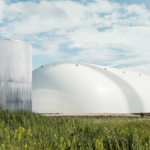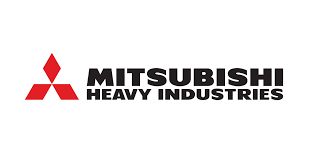
Large-Scale International Marine Transport of Liquefied CO2 by 2028 in Japan
“K” LINE, MOL, and NYK Line have started a joint study with Mitsubishi Shipbuilding , Imabari Shipbuilding, JMU, and Nihon Shipyard, which is a joint venture between Imabari Shipbuilding and JMU, to establish standard specifications and designs for LCO2 carriers.
As the demand for LCO2 carriers is expected to grow in various CCS (Carbon dioxide Capture and Storage) projects that transport CO2 collected in Japan to storage sites by sea, it is necessary to build and supply LCO2 carriers stably within Japan to realize the CCS value chain and improve economic efficiency. Therefore, the seven companies have agreed to conduct a joint study to establish standard specifications and designs for LCO2 carriers and to establish a construction supply chain.
This study will focus on LCO2 carriers and aim to enable construction at other shipyards in Japan as well. Additionally, they plan to collaborate widely with industry stakeholders, including other shipyards that share the same awareness of the issues, to contribute to the further progress of a decarbonized society by developing low emission ships using decarbonization technologies (such as ammonia fuel).


